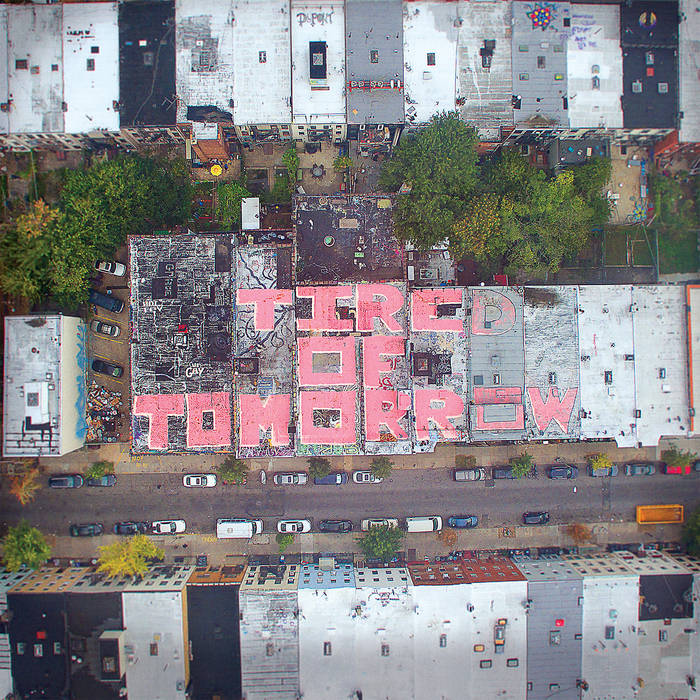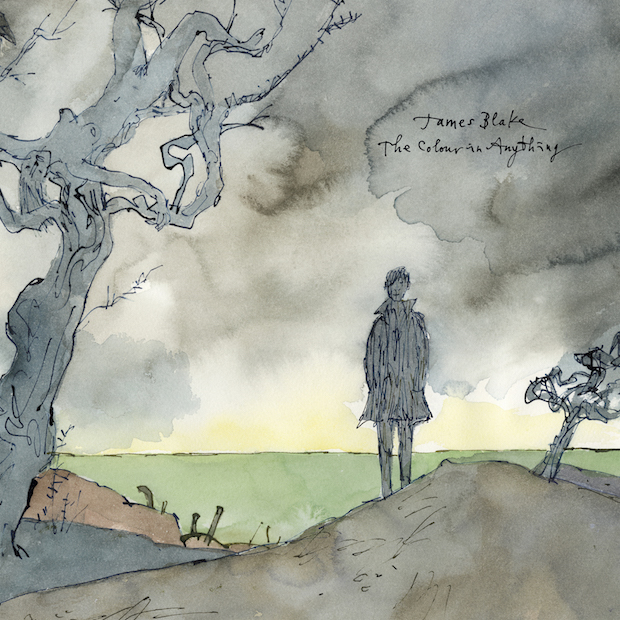Cymbals Eat Guitars
"Wish"
Pretty Years
Sinderlyn
After releasing "Aerobed" at the end of last year, I always think that Cymbals Eat Guitars' next album will sound similar with their previous releases. Man, those fiery and ferocious guitar riffs are such a music to your ear. After all, that's one of their finest qualities, alongside emotional lyrics that's able to stab your guts like a serrated knife. But, when they share "Wish" as the first single out of their latest album, Pretty Years (out September 16th), it's not only Nothing or White Lung who change their musical direction. In Pretty Years, bassist Matthew Whipple says that they "wanted to make a more energetic record", and judging from the sound of "Wish", their purpose has been pretty much accomplished.
The 1970s element that blankets the song can be heard unequivocally, heavily inspired by "Springsteen, ’70s Bowie, the Smiths, the Cure, Neil Young". Cymbals Eat Guitars probably is one of the few bands who can incorporate keyboard in a rock song in a harmonious way, and that's once again proven in this song. D'Agostino's growling voice is still as mesmerizing as ever as he soars above the Cymbals Eat Guitars' new groovy beat until the chorus comes, the only part that's almost exactly like what Cymbals Eat Guitars is usually heard. D'Agostino ends it by "I wish that I told you", before being followed by the insane squawky sax, like a party popper, that works--it's like what wise people say, "Sax sells." Cymbals Eat Guitars' "Wish" is a song of regret, but it's embodied in a complete and thorough structure. If Pretty Years sounds something like this, well, yeah, it's something that we all need to look forward to.






